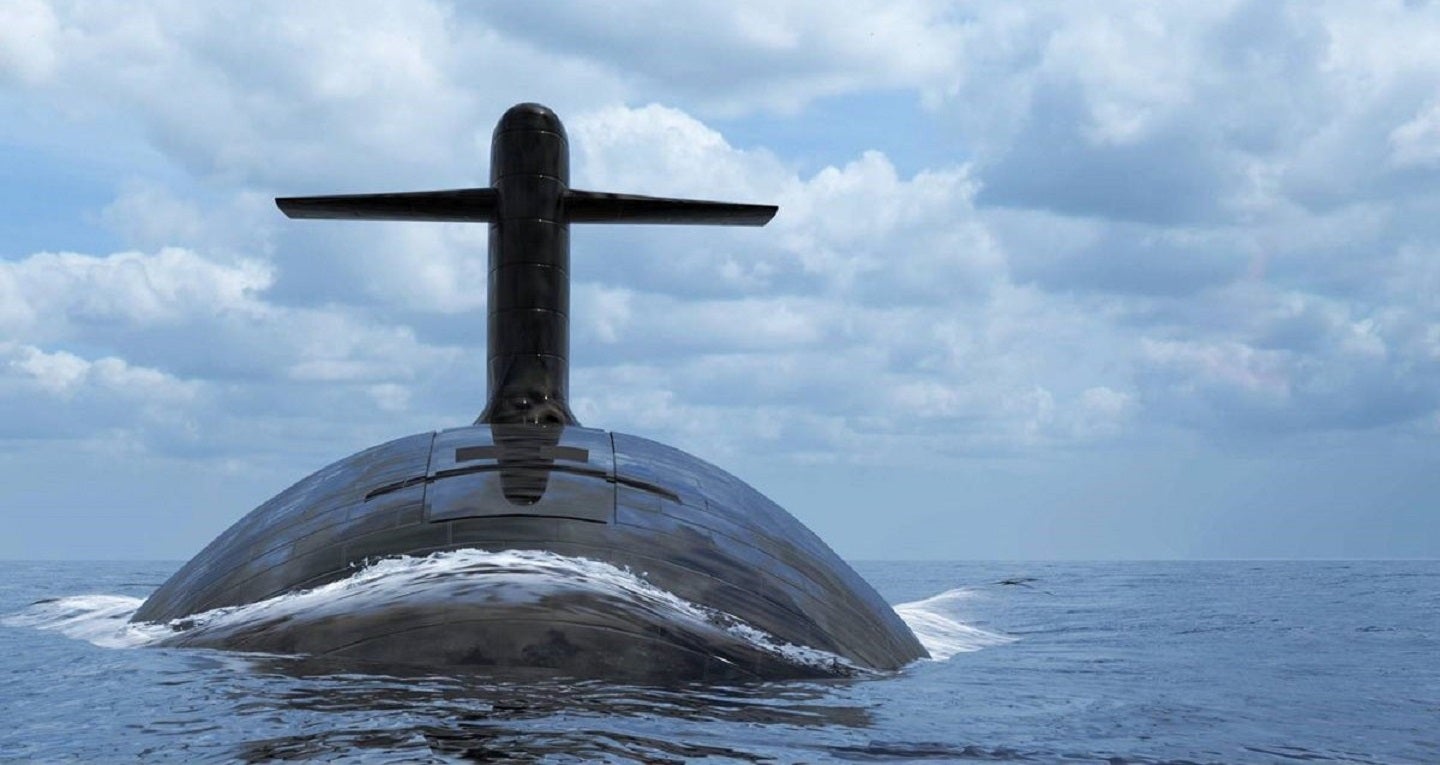
Thales has won a contract with the French Defence Procurement Agency (DGA) to provide a new sonar suite for the French Navy’s third-generation nuclear-powered ballistic missile (SSBN 3G) as well as the modernisation programme for its second-generation submarines (SSBN 2G).
The Paris-based defence company’s sonar suite will provide extended underwater situational awareness as it detects, locates and classifies all types of threats at short, medium and long ranges.

Discover B2B Marketing That Performs
Combine business intelligence and editorial excellence to reach engaged professionals across 36 leading media platforms.
The DGA contract covers the design and development of the sonar suite for SSBN 3Gs and the detailed design and deployment of the sonar suite for the 2G vessels.
The contractor has developed a set of disruptive technologies that will ensure the acoustic superiority of France’s submarines in the years ahead. New large-format arrays housing multiple sensors will provide unparalleled levels of precision in their threat detection capabilities.
The new sensors will generate significantly larger volumes of data than earlier systems. The ALICIA data processing system (Analyse, Localisation, Identification, Classification Intégrées et Alertes) will use advanced Big Data algorithms, with intuitive user interfaces to optimise operator workload and provide decision support.
“The latest innovations developed by dedicated Thales engineers for the current and future generations of SSBNs will provide the French Navy with a comprehensive acoustic picture of the underwater environment to counter current and future threats, helping to consolidate its position as one of the world’s leading naval forces,” stated Gwendoline Blandin-Roger, Vice President of Underwater Systems at Thales.

US Tariffs are shifting - will you react or anticipate?
Don’t let policy changes catch you off guard. Stay proactive with real-time data and expert analysis.
By GlobalDataFrench naval plans
The four SSBNs in the French Navy’s Strategic Oceanic Force are deployed to provide a permanent nuclear deterrent.
GlobalData intelligence tells us that the Paris-based shipbuilding company, Naval Group, manufactured all 12 of France’s submarines in active service. The country’s four Triomphant-class SSBNs – two 3G and two 2G units – were procured between 1997 and 2010, which explains the need for new regenerative upgrades with the latest disruptive technologies.
It is notable that the DGA contracted Thales for its advanced sonar suite, the contractor is a change from its reliance on Naval Group. While Thales is a French defence company with its support for the French Armed Forces in the past, the company has extended its European consuemr base as countries across the continent are rushing to mobilise in the wake of the Russian invasion of Ukraine, and the US-China rivalry in the Indo-Pacific.
Italy’s navy has provided an “integrated services centre” for Thales to manufacture sonar technologies for submarines in its La Speiza naval base on the Ligurian Sea. Specifically, this centre provides maintenance of sonars installed on minesweepers and frigates. The minehunters, operating out of La Speiza, forms the core of the navy’s current domestic mine countermeasures activities.
France is famously guarded when it comes to interoperability and information-sharing. Although Italy is a very close EU and Nato ally, it still remains uncharacteristic.
However, as the Nato Vilnius summit begins on 11 July, this announcement of information-sharing comes at an opportune time for France, as we can expect the summit to increase this interoperability and common military information and technologies.





